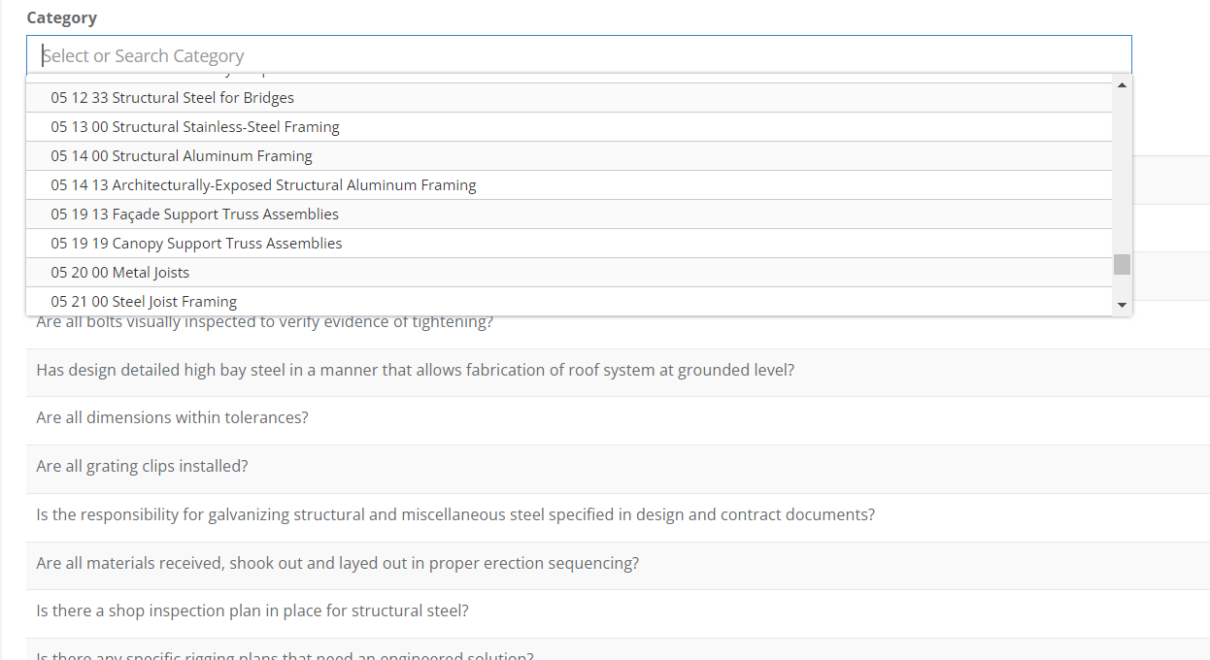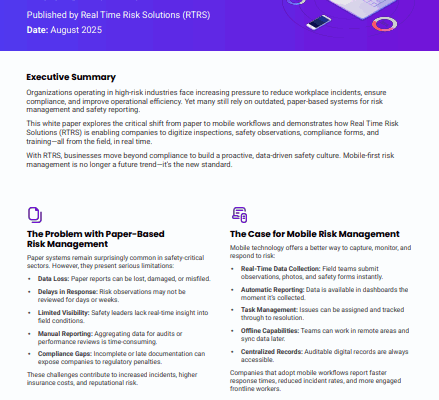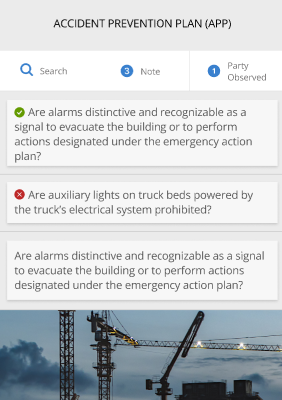In the world of construction, quality isn’t just an aspiration; it’s the cornerstone of success. From towering skyscrapers to humble residential homes, the integrity of every structure relies on the quality of its construction. But what exactly does “quality” entail in the realm of construction, and why is it so vital? Let’s delve into the depths of this crucial aspect of the construction industry.
The Cost of Rework and the Importance of Getting it Right the First Time
One of the most glaring consequences of poor quality in construction is the hefty price tag associated with rework. Every mistake, every oversight, and every shortcut taken during the construction process can lead to significant rework costs. According to research by the Construction Industry Institute, rework can account for as much as 5% of total construction costs. That’s a staggering figure, considering the multi-million dollar budgets of many construction projects.
Moreover, rework doesn’t just impact the bottom line; it also affects project timelines. Delays caused by rework can cascade down the line, causing disruptions to subsequent phases of construction and potentially leading to contractual disputes, safety issues and legal entanglements.
The Interplay of Safety, Solvency, and Quality
Safety, solvency, and quality are not isolated concepts in the construction industry; rather, they are intricately intertwined. A commitment to quality construction directly contributes to the safety of workers and occupants of the building. A well-built structure is inherently safer, with fewer risks of structural failures, accidents, and injuries.
Furthermore, quality construction bolsters the solvency of construction firms. Reputation is everything in this industry, and delivering high-quality work builds trust with clients, enhances the company’s brand, and ultimately leads to repeat business and referrals.
Conversely, cutting corners on quality can have dire consequences. Safety incidents and structural failures tarnish a company’s reputation, leading to loss of business opportunities and potential legal liabilities. Moreover, the cost of rectifying quality-related issues can cripple even the most financially stable construction firms.
Navigating Latent Claims and the Statute of Repose
In the construction industry, the specter of latent defects and claims looms large. Latent defects are flaws or issues in construction that are not immediately apparent but surface after the completion of the project. These can range from structural deficiencies to poor workmanship, plumbing leaks, or electrical problems.
Navigating latent claims involves understanding the legal frameworks governing construction defects, including the statute of repose. This statute sets a time limit within which legal action can be taken against construction professionals for latent defects. Once this time limit expires, the liability for latent defects typically shifts away from the construction firm.
Real Time Risk Solutions: Revolutionizing Quality Management
In the quest for excellence in construction quality, technology has emerged as a powerful ally. Real Time Risk Solutions (RTRS) stands at the forefront of this revolution, offering a comprehensive platform for quality management in construction projects.
RTRS Quality has developed an extensive database comprising over 3,000 Construction Specifications Institute (CSI) sections, totaling over 400,000 quality questions. This vast repository serves as a blueprint for quality best practices across various construction disciplines.
The RTRS platform empowers construction companies to proactively identify and address quality issues throughout the project lifecycle. With features allowing the assignment of quality tasks to individuals within the organization and external contractors, RTRS facilitates seamless collaboration and accountability in quality management.
Introducing Quality Talks: Empowering Learning and Improvement
Just as toolbox talks are integral to promoting safety awareness among construction workers, Quality Talks serve as a forum for sharing lessons learned and insights gained from quality management efforts. These regular discussions provide an opportunity for employees at all levels to reflect on past projects, identify areas for improvement, and collectively strive for excellence in construction quality. Employees sign the Quality Talk and the topic can be shared using QR Codes.
In conclusion, quality is not just a buzzword in the construction industry; it’s a fundamental principle that underpins the integrity, safety, and success of every project. By embracing a culture of quality, leveraging innovative technologies like Real Time Risk Solutions, and fostering continuous learning through initiatives like Quality Talks, construction firms can build a future where excellence is the standard, not the exception.
#constructionquality #constructionlessonslearned #constructionrework #realtimerisksolutions #RTRSQuality #QualityQRCodeBoards





